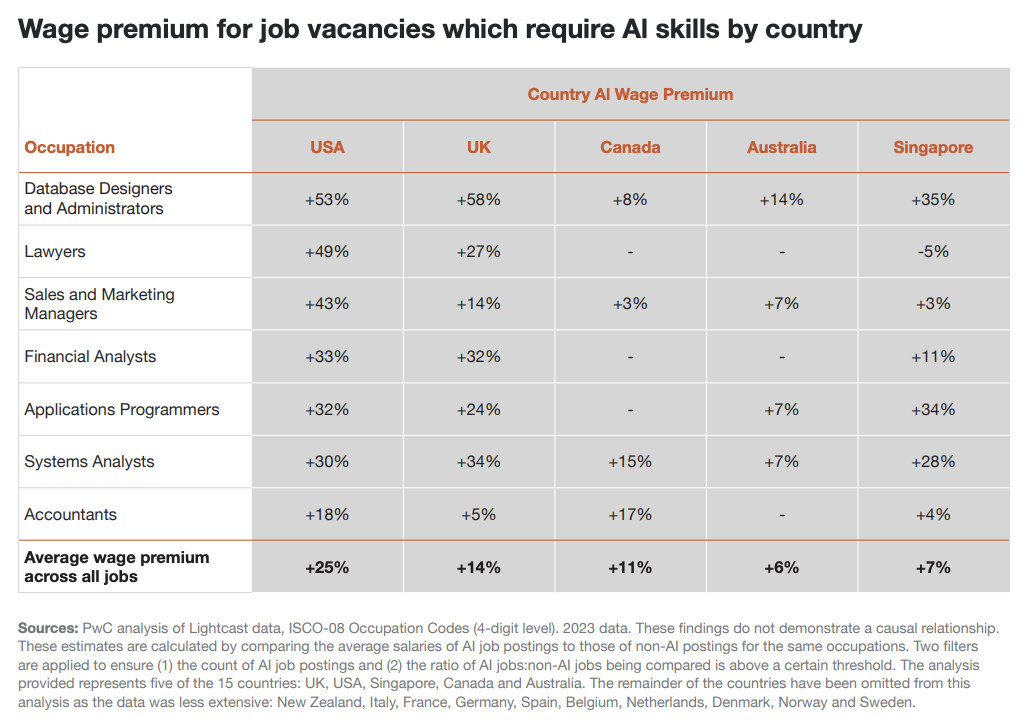
Report finds fewer managers believe AI will replace workers

Fewer managers think that artificial intelligence can replace their employees, according to a new report, which revealed the changing perceptions around the impact of AI tools on the workforce.
Findings from the second annual AI's Impact on the Workplace survey from Beautiful.ai showed that AI is less seen as a substitute for talent, but as a tool to enhance employee productivity.
According to the report, 54% of managers do not want to replace employees with AI tools, up 15% compared to last year.
"As AI becomes more common, managers appear to be more hesitant around the idea of replacing workers or critical functions with AI entirely," the report stated.
The findings come amid concerns from the workforce that AI tools will eventually replace them at work.
The majority of managers know that employees are worried that AI tools will make them less valuable at work (64%) and will eventually cost them their jobs (58%).
A report from the World Economic Forum released earlier this year showed that 41% of employers plan to downsize their workforce where AI can replicate people's work.
But the report from Beautiful.ai noted that 63% of managers do not believe that AI tools can replace multiple employees that they currently manage, up from 20% last year.
Another 77% of managers said they are adopting AI tools at work to either enhance worker productivity or improve efficiency, an increase from 11% a year ago.
In fact, 57% of managers said they are using AI tools to help them manage employees on a daily or weekly basis in 2025.
"As managers have familiarised themselves with AI, there's less of a focus on downsizing and replacing employees with AI tools, and instead an opportunity to enhance the work they're already doing."
The aspect where AI will likely have an impact, however, will likely be on wages, according to the managers surveyed.
More than four in 10 respondents are fearful that AI tools will result in lower pay for workers in management positions (44%) and may fuel wage declines across the country this year (41%).
These concerns come despite a recent PwC report that AI can help boost wages.
According to the report, which was released last year, jobs that require AI skills offer wages that were on average 25% higher than for other roles in the same field that do not require these skills.
"AI's value to companies is made clear by what is happening with the wages of workers with AI specialist skills - the very people who are making the AI revolution possible," the PwC report stated.

The Beautiful.ai report noted that their findings indicate that businesses are finding ways to implement AI strategically, focusing on efficiency rather than downsizing.
"While many managers still have concerns about job security, pay cuts, and employee resistance, fewer are viewing AI as a direct replacement for workers," the report stated.
"Instead, companies are using AI to enhance productivity, streamline tasks, and foster collaboration."
Amanda Fetch, AI innovation advisor, said on LinkedIn that it will be important for employers to encourage open discussions and address employees' concerns about AI's role in their work.
"Highlight examples where AI has successfully augmented human efforts, leading to improved efficiency and outcomes without replacing jobs. Emphasise the collaborative potential of AI, where human creativity and decision-making are enhanced by AI's data processing capabilities," Fetch said on LinkedIn.
"By fostering a balanced perspective on AI, you can alleviate fears and build a culture that embraces technological advancement while valuing human contributions."